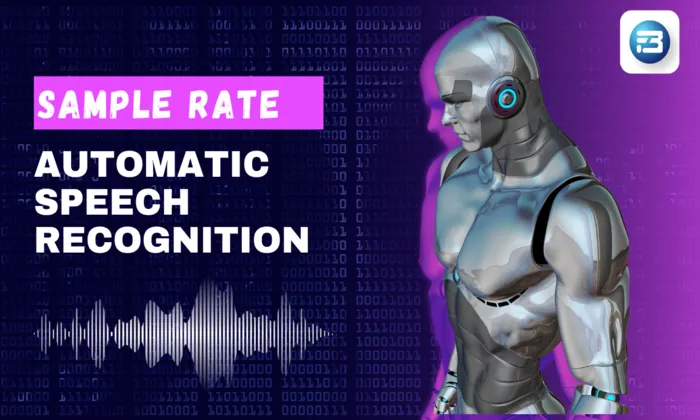What is ambient AI in clinical transcription?
Ambient AI
Healthcare
Clinical Transcription
Ambient AI in clinical transcription is revolutionizing how healthcare documentation is managed by integrating AI technologies directly into the medical environment. This seamless interaction captures and transcribes patient information with minimal disruption, allowing healthcare professionals to focus more on patient care rather than paperwork.
Core Components of Ambient AI
Ambient AI works by leveraging advanced speech recognition and natural language processing (NLP) to transcribe spoken words and contextual information during patient consultations. Unlike traditional methods that require manual input or direct dictation, ambient AI listens to conversations and creates real-time, accurate notes, which are often integrated into Electronic Health Record (EHR) systems.
Why Ambient AI is Transformative in Healthcare
- Enhanced efficiency: By automating the transcription process, ambient AI significantly reduces the time clinicians spend on documentation, allowing them to dedicate more attention to patient interactions.
- Improved accuracy: These systems are designed to understand complex medical terminologies and nuances, leading to more precise documentation and reducing errors commonly associated with manual transcription.
- Patient-centric care: Freed from the administrative burden, healthcare providers can offer more personalized care, improving patient satisfaction and outcomes.
- Rich data utilization: The contextual data captured can be used for analytics, research, and enhancing healthcare delivery, offering insights into patient care trends.
Real-World Impact and Case Study
Consider a busy urban hospital that implemented ambient AI to streamline its documentation process. Prior to implementation, doctors spent an average of 2 hours per day on paperwork. Post-implementation, this reduced to 30 minutes, allowing them to see more patients and improve care quality. This shift not only enhanced operational efficiency but also led to a 20% increase in patient satisfaction scores, showcasing the tangible benefits of ambient AI.
Key Technologies Behind Ambient AI
Ambient AI systems utilize machine learning algorithms for real-time speech recognition, enabling them to transcribe medical jargon and patient narratives accurately. They also possess contextual understanding capabilities, allowing them to differentiate between various medical specialties and scenarios, which improves transcription quality over time.
Strategic Considerations for Implementation
- Privacy and security: Ensuring data protection is crucial, especially with sensitive medical information. Solutions must comply with regulations like HIPAA to safeguard patient data.
- Technology dependence: While ambient AI offers numerous benefits, reliance on technology necessitates robust support and contingency plans for potential system failures.
- Training and adaptation: Successful integration requires training staff to work effectively with the new system, ensuring a smooth transition and maximizing the technology's potential.
Common Misconceptions
- Setup complexity: The initial setup and training period might be underestimated, leading to potential delays. It is essential to allocate appropriate resources for successful implementation.
- Customization needs: Ambient AI solutions may require customization to suit specific medical fields, accommodating unique terminologies and workflows.
Future Prospects of Ambient AI in Clinical Transcription
As ambient AI technology continues to evolve, its role in clinical settings will likely expand, offering more efficient and effective documentation processes. By automating transcription and enhancing clinician-patient interactions, ambient AI supports better healthcare outcomes.
Final Thoughts
For healthcare organizations looking to streamline their documentation processes, FutureBeeAI can provide high-quality, contextual datasets to train ambient AI systems effectively. Our expertise in speech data collection and speech and annotation ensures that your AI solutions are grounded in reliable, diverse data, setting the stage for improved clinical transcription outcomes.
FAQs
Q. What challenges might arise with ambient AI implementation?
A. Challenges include ensuring data privacy, adapting to diverse medical contexts, and requiring ongoing learning and user training to optimize its effectiveness.
Q. How does ambient AI improve patient care?
A. By minimizing the time clinicians spend on documentation, ambient AI allows for more focused patient interactions, leading to better communication and improved patient satisfaction.
What Else Do People Ask?
Related AI Articles
Browse Matching Datasets
Acquiring high-quality AI datasets has never been easier!!!
Get in touch with our AI data expert now!








